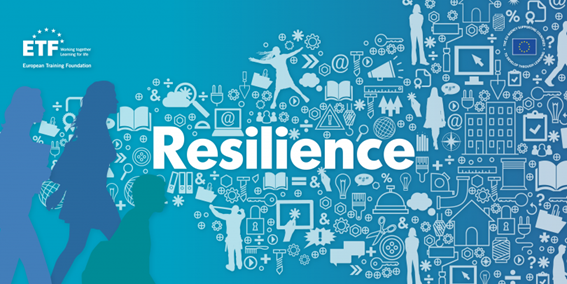Understanding response to perturbations in collaborative projects from a complex generative and adaptive systems perspective

The publications of the "Project Leadership & Society" journal include the most relevant theoretical contributions in the area of project management and its impact on society in terms of leadership, governance, sustainability and innovation.
The article offers a novel look at the management of collaborative projects, how they address and respond to perturbations or disruptions caused by the high uncertainty of the environment. Situations such as COVID-19, wars, climate crisis, microcontroller crisis are some examples of how unexpected events can drastically alter the stability of an organisation. At the level of collaborative projects, immersed in very uncertain contexts, perturbations caused by unexpected and unpredictable events are usually considered as the main cause of failure to meet objectives. This is why understanding how a project is able to cope with and respond successfully to disruption and be resilient to it becomes a topic of vital relevance in this field of study.
This article addresses this problem and proposes a model that explains, based on a comparison of cases, two ways of being resilient in a project, either adaptive or generative. It analyses the relationship between the diversity of perspectives, learning capacities and the governance of a project. These three factors are critical during a disruption and relate to each other in complex ways. That is, similar situations produce completely different outcomes, and the relationships between them are not simply cause-effect, but mutual or non-linear causality. For example, in some cases the multiplicity of perspectives generates a fruitful environment for the exploration of new knowledge.
In other cases, the multiplicity of perspectives generates an environment of high tension where members are unable to agree, impeding the continuity of the project. In both cases, it has been identified that the implications of such "diversity of perspectives", whether positive or negative, are related to the way teams learn and to the management actions implemented (governance).
It cannot be assumed that this factor alone generates a specific outcome, but rather that it is the relationship between this factor and the other factors (governance and learning) that makes it possible to understand the outcome.
There is no single way to overcome a perturbation, and this article sheds light on generative or adaptive ways. In the former, the perturbation forces a process of substantive change in a project, the results of which are associated with increased levels of cross-organisational collaboration, transcending its initial state. Simply put, the perturbation may represent an opportunity for improvement. In the second, perturbation forces teams to look for ways to adapt with as little time and resources as possible, without changing the essence and procedures of the project. In other words, adapt using as few resources as possible, without changing the status quo, in order to be able to continue the project with as little perturbations as possible. In both cases, the project is resilient to a perturbation, but with very different results in terms of efficiency and value.
The model developed in the article allows to better understand "how" a project can be resilient, following a generative or adaptive way, according to the learning capacities of the organisations involved.
You can read the full article here: https://www.sciencedirect.com/science/article/pii/S2666721523000273.
Author: Juan Nihoul